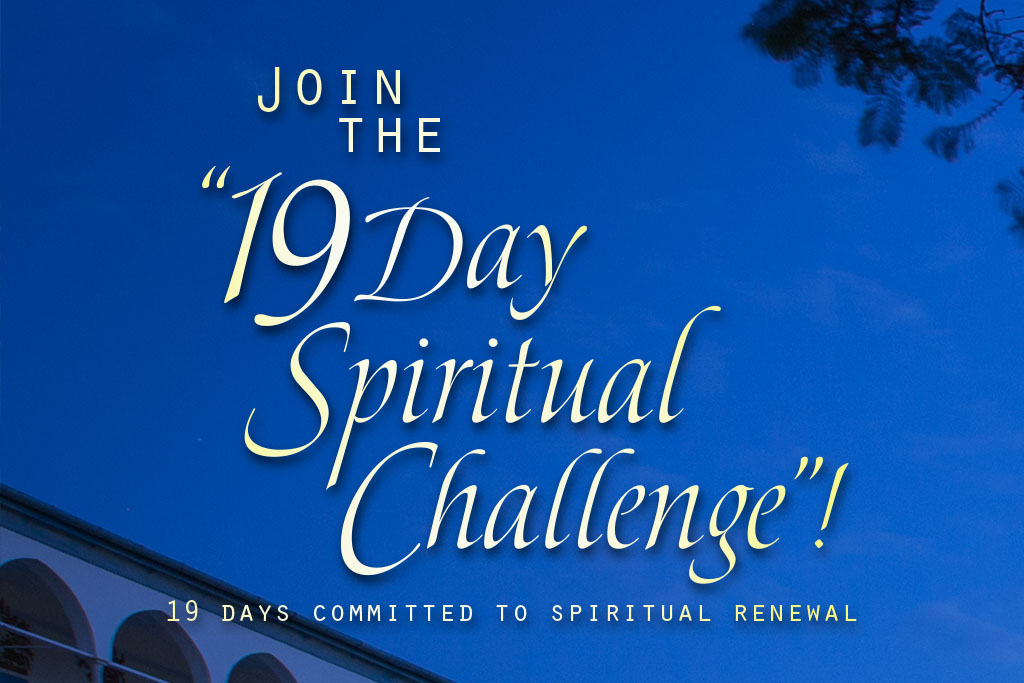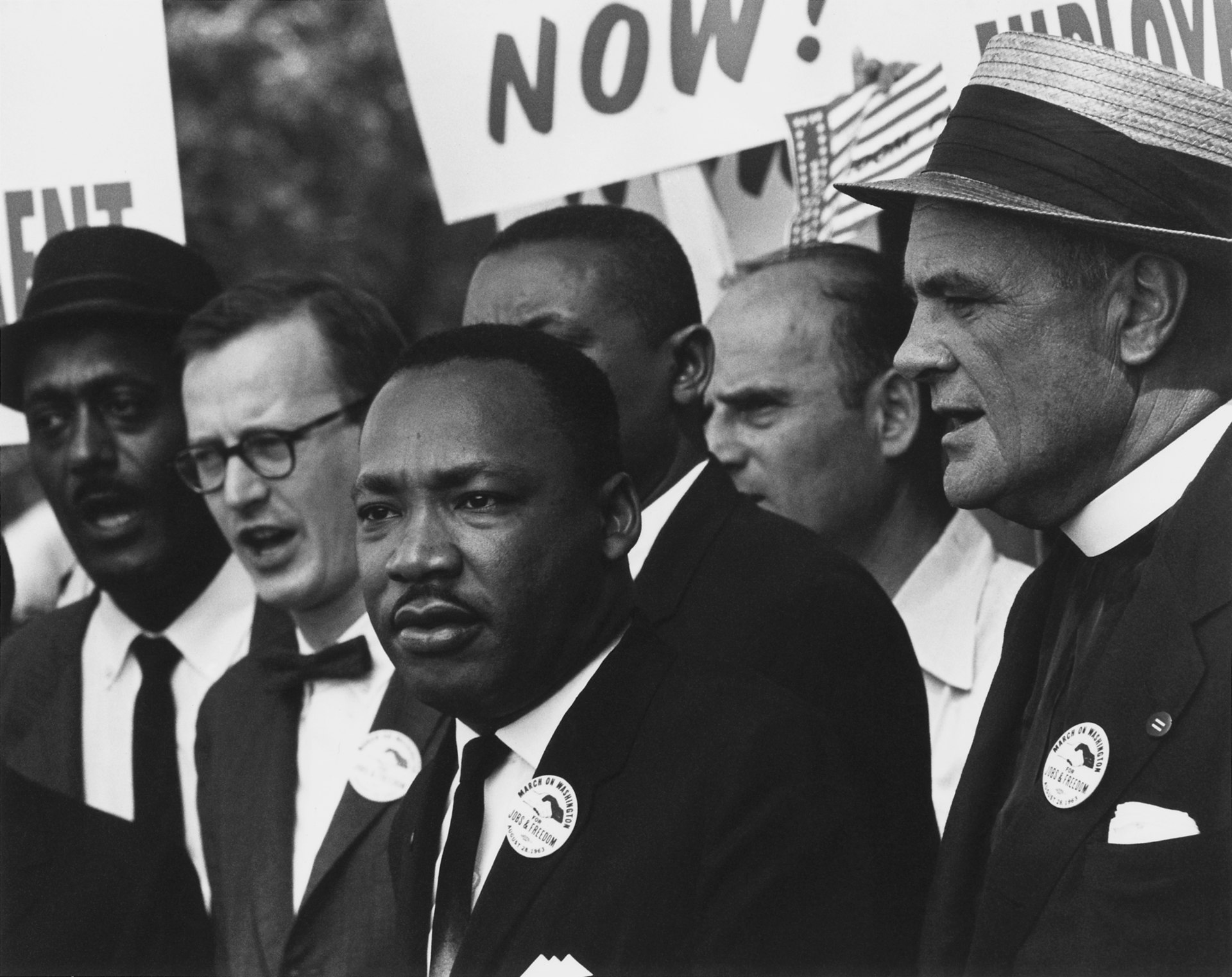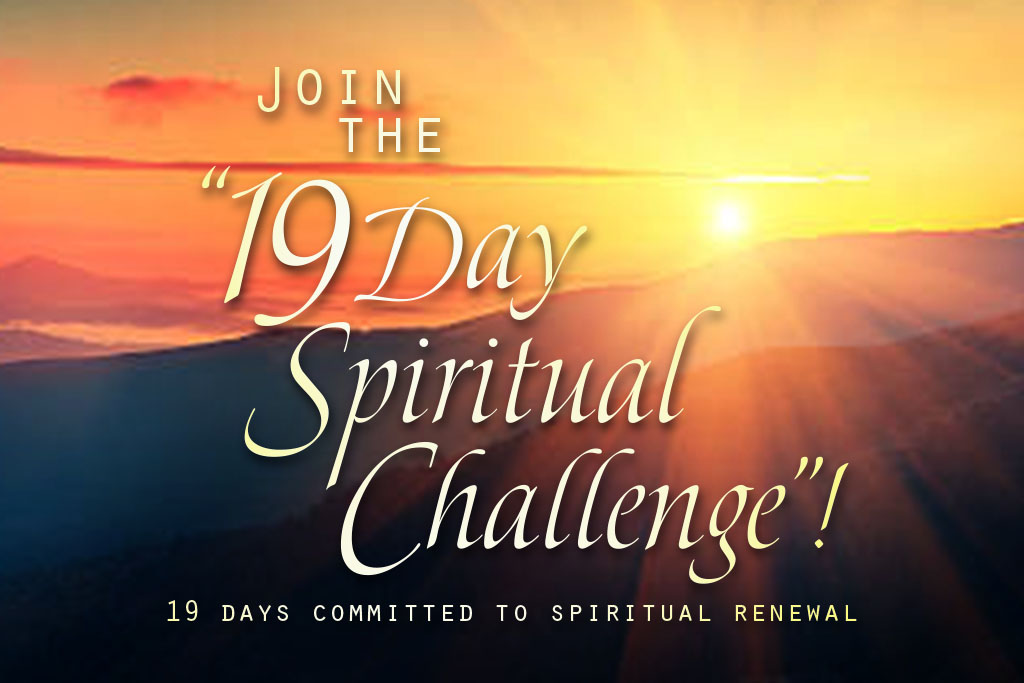In the United Nations Human Development report of 2002, recommendations were made for true and principled governance, using as a primary reference the words of Ali Abu Ibn Talib, the son-in-law of the Prophet Muhammad. In truth, Ali is one of the most revered human beings of all time, but he is little known in the western world. He was the Prophet’s primary supporter during His lifetime and Ali’s sermons following His death clarified the true nature of Islam. For the Islamic revelation, he was the founder of the principles of governance, philosophy, and metaphysics.
At our time in history, when religion has become so confused and degraded, and a source of dissension among peoples, it is critical to understand the revelations of God in their noblest terms, so that we can remember what they were truly about- wisdom, unity, and progressive principles. We will spend this evening’s post highlighting stories and words from the life of Ali Ibn Talib. These stories are taken for an 11th century compilation known as the “Peak of Eloquence”. All quotes are those of Ali.
“Your first lead and guide is your mind. Nothing is more useful to man than his intelligence and there is nothing wealthier than wisdom. There is no greater bounty of the Lord granted to you greater than the intellect.”
“Everyone is your brother, either they are your brother in faith or your brother in creation.”
A story is told of Ali when he was in battle and his opponent lost his sword. He realized his hopeless plight of standing before Ali without his sword. Ali lowered his sword and said “Run away friend, you are not in a position to defend yourself.” The man said, “but why don’t you kill me. It would mean you have one less enemy”. Ali said
“I cannot strike a man who cannot defend himself.” Now the man became bold and said, “I am told that you cannot deny a begger, I beg of you to give me your sword.”. Ali gave him his sword and the man said- “Now who is going to defend you”. Ali responded, “Of course God, he will defend me if He so wills.” At this the man was defeated and said “O Lord, you are a great man. Allow me to join your fold. I want to be your bodyguard and fight for you.”. Ali responded, “Fight for truth and justice and don’t fight for persons.”
In the midst of one of the early battles against the Muslim community, Ali’s servant brought him some sweet syrup to drink, stating “my lord, the sun is very hot and you have been fighting, have a glass of this cold drink.”. Ali looked around himself and replied “shall I refresh myself when hundreds of people around me are lying wounded and dying of thirst and wounds? Instead of bringing sweet syrup for me, take a few men and give each of these wounded men a cool drink.” The servant said “but my lord, these are your enemies”. Ali said “they may be but they are human beings and attend to them.”
Another story is told of a situation in which Ali’s army was kept from refreshing themselves in a river, as it was presided over by the commander of the enemy. They requested but were denied the ability to refresh themselves. Soon after, Ali’s army attacked and were able to take the river. The enemy now sent men to Ali, asking if they could access the river for themselves and their horses. Ali told them to take as much water as they like and as often as they need. When his officers remarked to him that these were the very people who had refused them access to the river, he replied “they are human beings and, though they have acted inhumanly, yet I cannot follow their example and cannot refuse a man food and drink because he happens to be my enemy”.
After the death of the Prophet, Ali assumed no formal political role initially, spending time delivering sermons on the nature of Islam. He had a deep commitment to learning and protected the library of Alexandria from being harmed after it was taken by the Muslims, stating that none of the learning in it could possibly be against the Quran. When he did accede to leadership, he initiated reforms and systematically promoted education and literacy.
Ali was particularly concerned about the differences between the new Muslim community and the Arab tribal structure it was replacing. There was a constant tension, as there is in the modern day, between various groups who wanted to jockey for resources and power against other tribes and racial groups. Ali taught about the equal distribution of public wealth, even to slaves, and centered much of his attention on the poor and downtrodden. In order to demonstrate this, he sought to reflect these values in his own life, eating humble food and dressing in clothing that was similar to the poorest Muslims.
One man described an encounter with Ali in this way- “One day I went to see Ali in the Government House. It was the time of breakfast and before him there was a cup of milk and some barley bread. The bread was dry, stale, hard, and did not contain any butter or oil. It could not be easily broken into pieces…I turned towards his servant and said “FIzza! Have you no pity upon your old master and cannot give him softer bread and add some butter and oil to it?” She replied “why should I pity him when he doesn’t pity himself? He has strict orders that nothing it to be added to his bread and even the chaff and husks are not to be separated. We are his servants and we eat much better food than him”…. Ali was asked why he ate in this way and he replied- “I want the eat the kind of food which the poorest of this realm can afford at least once a day. I shall improve it after I have improved their standards of life. I want to live, feel, and suffer like them”.
One time, Ali came out of his house and there were patches sown onto his dress and was teased for looking so shabby. He said “Let go, what you you to find objection in my dress. It is the kind our masses can afford. Why can you not think of their lives and dress? I shall improve my standard after I have succeeded in improving theirs. I shall continue to live like them. Such kind of dress makes one feel humble and meek and give up vanity, haughtiness, and arrogance.”
Ali instituted progressive taxation and refused to accept gifts that were over and above the normal taxes. He insisted on the equal distribution of the public taxes, stating that the income of the ruler (from public wealth) must be no more than a commoner. The development of agricultures was more important than taxation stating “so far as the collection of land revenue is concerned, you must always keep in view the welfare of the tax-payer, which is more important than the taxes themselves…, as actual taxable capacity of people rests on the fertility of the land, therefore more attention should be paid to the fertility of the land and prosperity of the subjects than to the collection of revenues.” He also demonstrated benign governance. He laid down rules of war that supported only wars of defense, saying never to attack someone who is wounded or someone who is running away, and never to harm women, children, or the elderly.
In doing all these reforms, he made some natural enemies, particularly from those who wanted to control public wealth in a non-equal way. One of his companions pointed this out to him by saying, “Look my lord, these are the reasons influential people and rich Arabs are deserting you….Of what use are these poor persons, disabled people, aged widows and Negro slaves to you? How can they help and serve you?”. He replied “I cannot allow rich and influential persons to exploit the society of this Muslim state and run an inequitable and unjust system of distribution of wealth and opportunities. I cannot for a moment tolerate this. This is public wealth. It comes from the masses and must go back to them…So far as the usefulness or services of these disabled persons and have-nots is concerned, remember that I am not helping them to secure their services. I fully well know that they are not able to serve me. I help them because they cannot help themselves and they are as much human beings as you and I. May God help me to do my duty as He wishes me to do.”
In addition to being a great statesman, Ali is most known as the center of Islamic metaphysics and his commitment to reason and knowledge. His description of God is illuminating-
“God is not like any object that the human mind can conceive. No attribute can be ascribed to Him which bears the least resemblance to any quality of which human beings have perception from their knowledge of material objects…He is with every object, not from resemblance or nearness. He is outside everything but not from separation or indifference towards His creatures. He works and creates but not in the meaning of motions or actions….He has no relation to matter, time and space. God is omnipotent because knowledge is His Essence, Loving because love is His Essence, Might because power is His Essence, Forgiveness because forgiveness is His Essence, and not because these are attributes apart from His Essence.”
(Passages summarized from Peak of Eloquence (Nahjul Balagha), translated by Sayed Ali Reza and published by Thrice Tarsile Quran, Inc. Sixth Edition 1996)







